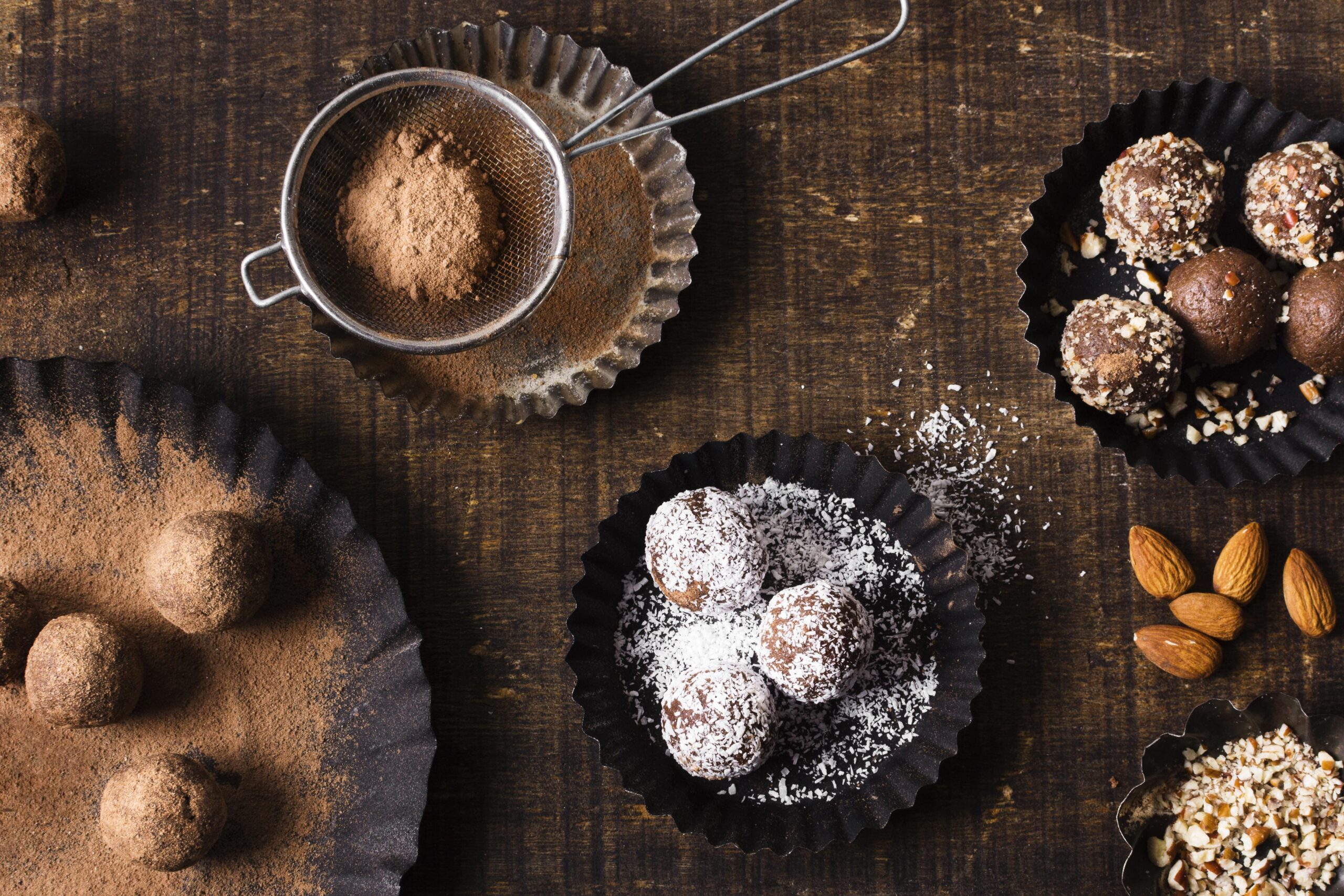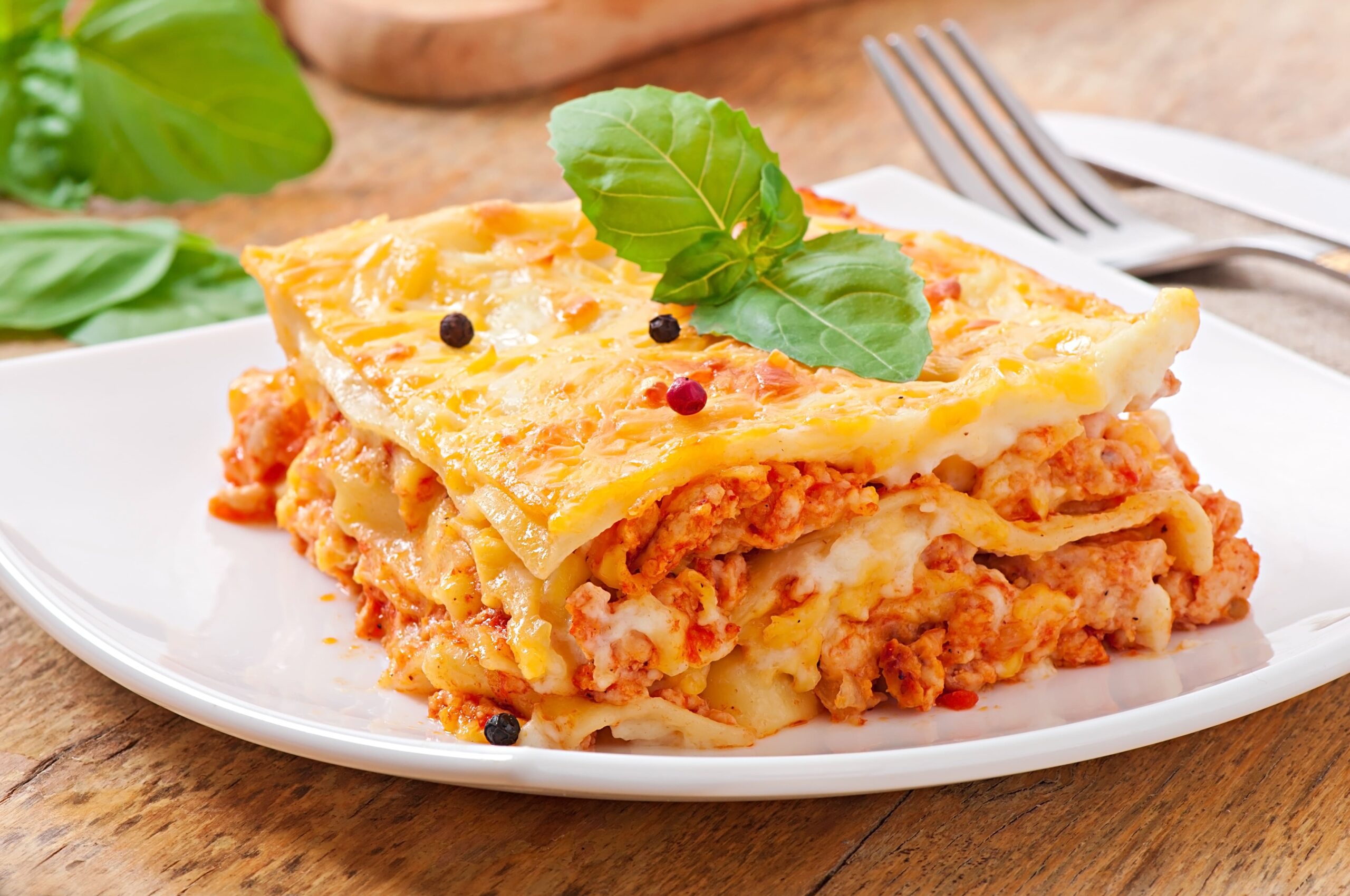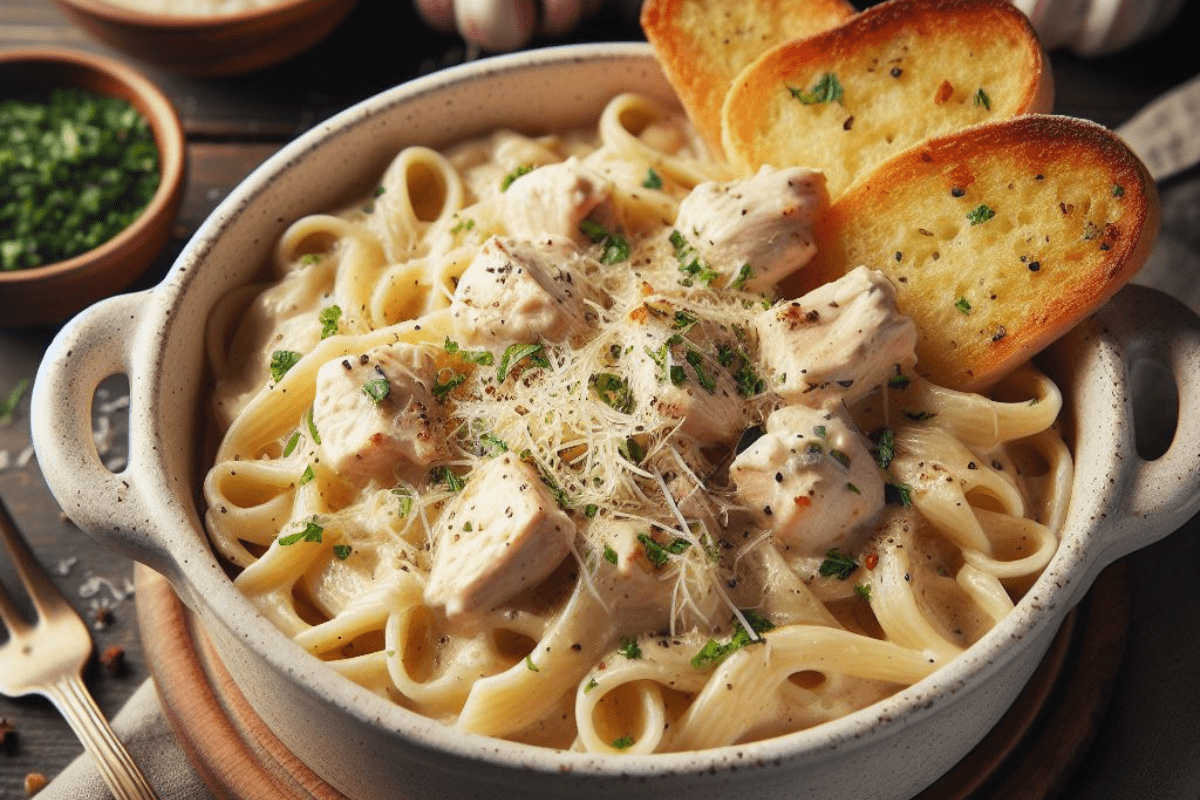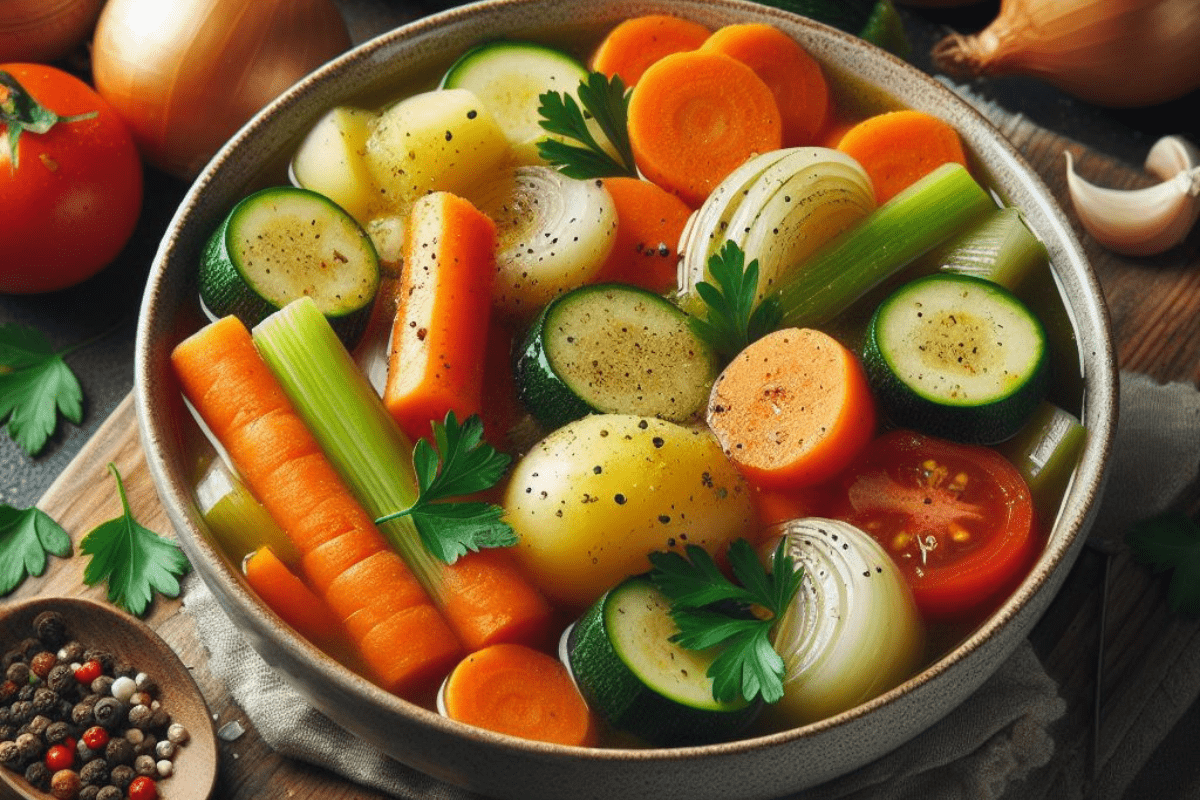Introduction to Homemade Balls
Homemade balls are versatile snacks that can be tailored to suit various dietary preferences and flavor preferences. They are typically made using natural ingredients and are free from artificial additives and preservatives.
Choosing Natural Ingredients
When making homemade balls, it’s essential to prioritize natural ingredients. Opt for whole foods such as nuts, seeds, dried fruits, and grains. These ingredients not only enhance the flavor but also provide essential nutrients.
Basic Equipment Needed
To make homemade balls, you’ll need basic kitchen equipment such as a food processor or blender, mixing bowls, measuring cups, and spoons. If you don’t have a food processor, you can use a sturdy blender or even a mortar and pestle as alternatives.
Recipes for Homemade Balls
There are countless recipes for homemade balls, ranging from energy-boosting options to decadent dessert-inspired creations. Some popular varieties include energy balls, protein balls, bliss balls, and flavored balls.
Step-by-Step Instructions
- Mixing Ingredients: Start by combining your chosen ingredients in a food processor or mixing bowl. Blend until the mixture reaches a sticky consistency.
- Shaping the Balls: Using your hands, roll the mixture into small balls of your desired size. Place the balls on a baking sheet lined with parchment paper.
- Decorating Options: Get creative with your homemade balls by rolling them in shredded coconut, cocoa powder, or crushed nuts for added texture and flavor.
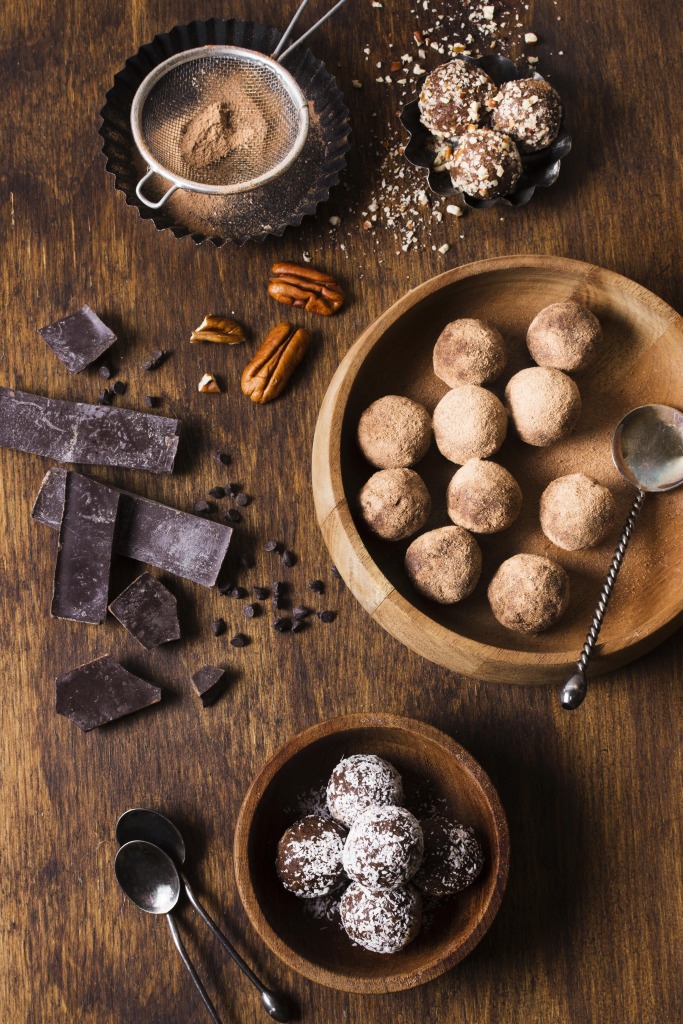
Storage and Shelf Life
Store balls in an airtight container in the refrigerator for up to two weeks. You can also freeze them for longer shelf life, ensuring you have a healthy snack on hand whenever you need it.
Variations and Customization
Feel free to experiment with different flavor combinations and ingredient substitutions to create personalized balls that suit your taste preferences and dietary requirements.
Health Benefits of Homemade Balls
Balls are packed with nutrients, including vitamins, minerals, and antioxidants. They provide a convenient way to boost your energy levels and satisfy your cravings without resorting to processed snacks.
Serving Suggestions
Serve balls as a nutritious snack between meals or as a post-workout refuel. They’re also perfect for packing in lunchboxes or taking on-the-go for a quick and satisfying pick-me-up.
Safety Tips
Ensure your hands and equipment are clean when making balls to prevent contamination. If you or your loved ones have food allergies, be mindful of ingredient choices and cross-contamination risks.
Cost-Effectiveness
Making balls is not only healthier but also more cost-effective than buying pre-packaged snacks. By purchasing ingredients in bulk and making large batches, you can save money in the long run.
Sustainability
Balls are a sustainable snack option as they reduce packaging waste associated with store-bought snacks. You can also source ingredients locally or from sustainable suppliers to further minimize your environmental impact.
Sharing and Gifting
Spread the joy of balls by sharing them with friends and family. Package them in reusable containers or eco-friendly packaging for a thoughtful and sustainable gift idea.
Troubleshooting Common Issues
If your balls turn out too dry or crumbly, try adjusting the ratio of wet to dry ingredients or adding a bit of liquid such as honey or nut butter to bind the mixture together.
Conclusion
Making balls using natural products is a rewarding and delicious endeavor. With a bit of creativity and experimentation, you can whip up a variety of nutritious and flavorful snacks that are sure to satisfy your cravings.
FAQs
- Can I make homemade balls without a food processor?
- Yes, you can use a blender, mortar and pestle, or even a sturdy mixing bowl and spoon to combine the ingredients.
- How long do homemade balls last?
- Homemade balls can typically be stored in the refrigerator for up to two weeks or frozen for longer shelf life.
- Are homemade balls suitable for people with food allergies?
- Homemade balls can be customized to accommodate various dietary restrictions and allergies, but it’s essential to carefully select ingredients and prevent cross-contamination.
- Can I add protein powder to homemade balls?
- Yes, protein powder can be added to homemade balls to boost their protein content and nutritional value.
- Are homemade balls suitable for children?
- Yes, homemade balls can be a healthy and convenient snack option for children, but be mindful of choking hazards and any potential allergens.
